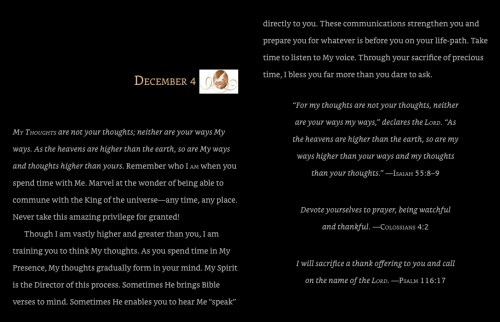W
A Migrant Movement for Justice
Thursday, December 3, 2020
In the 1960s, while the Civil Rights movement was creating significant change on a national level, the farmworkers in the western United States, under the leadership of César Chávez (1927-1993), were organizing for better pay and working conditions. The movement was informed and strengthened by Chávez’s authentic Catholic faith. Marvin Mich shares some of the history of that time:
As a Mexican American from the farms of Gila Valley (near Yuma), Arizona, César [Chávez] had known the poverty, despair, and discrimination that went with being a migrant worker. In 1949 when Chávez was 22, he was married and living in a barrio of San Jose, California, called “Sal Si Puede” (meaning “leave if you can”). . . .
The young Chávez was being shaped by his own experience of poverty and despair, but also by the vision and moral principles of Catholic social thought. Rerum Novarum [the 1891 papal encyclical concerning the Rights and Duties of Capital and Labor] and the Roman Catholic tradition were not distant, dusty principles for Chávez, but rather the building blocks for his emerging social, moral, and spiritual identity. . . .
The strike, la huelga, which began in September 1965, lasted for five years before contracts were signed with 140 grape growers and the United Farm Workers. During this time many church people and college students joined the strikers and supported the call for a national table grape boycott. [1]
Writer Daniel Rhodes explains how César Chávez’s spiritual roots impacted all aspects of the farmworkers struggle for justice:
The farmworker union was no normal union, and this would be no standard union struggle. It was a struggle that reached all the way down to their values, their spirits and faith—something Chávez understood and from which he drew. In fact, his first act after the vote [to strike] was to gather his family and pray a Hail Mary for each grower. Incessant prayer and regular Mass permeated the movement. [2]
The following prayer is César Chávez’s “Prayer of the Farm Worker’s Struggle,” which shows how devotion to God combined with action in the movement. I am deeply touched by the simplicity and humility of his prayer:
Show me the suffering of the most miserable;
So I will know my people’s plight.
Free me to pray for others;
For you are present in every person.
Help me take responsibility for my own life;
So that I can be free at last.
Grant me courage to serve others;
For in service there is true life.
Give me honesty and patience;
So that I can work with other workers.
Bring forth song and celebration;
So that the Spirit will be alive among us.
Let the Spirit flourish and grow;
So that we will never tire of the struggle.
Let us remember those who have died for justice;
For they have given us life.
Help us love even those who hate us;
So we can change the world.

Amen. [3]